Canada Travel Warnings and Response Strategies (Updated 2025)
- Published on
Canada Travel Warnings and Responses Expanded in Detail
Before traveling to Canada, understanding potential travel warnings and countermeasures is key to ensuring a safe and enjoyable trip. Below is an in-depth explanation of each aspect of detailed warnings and response strategies for traveling to Canada.
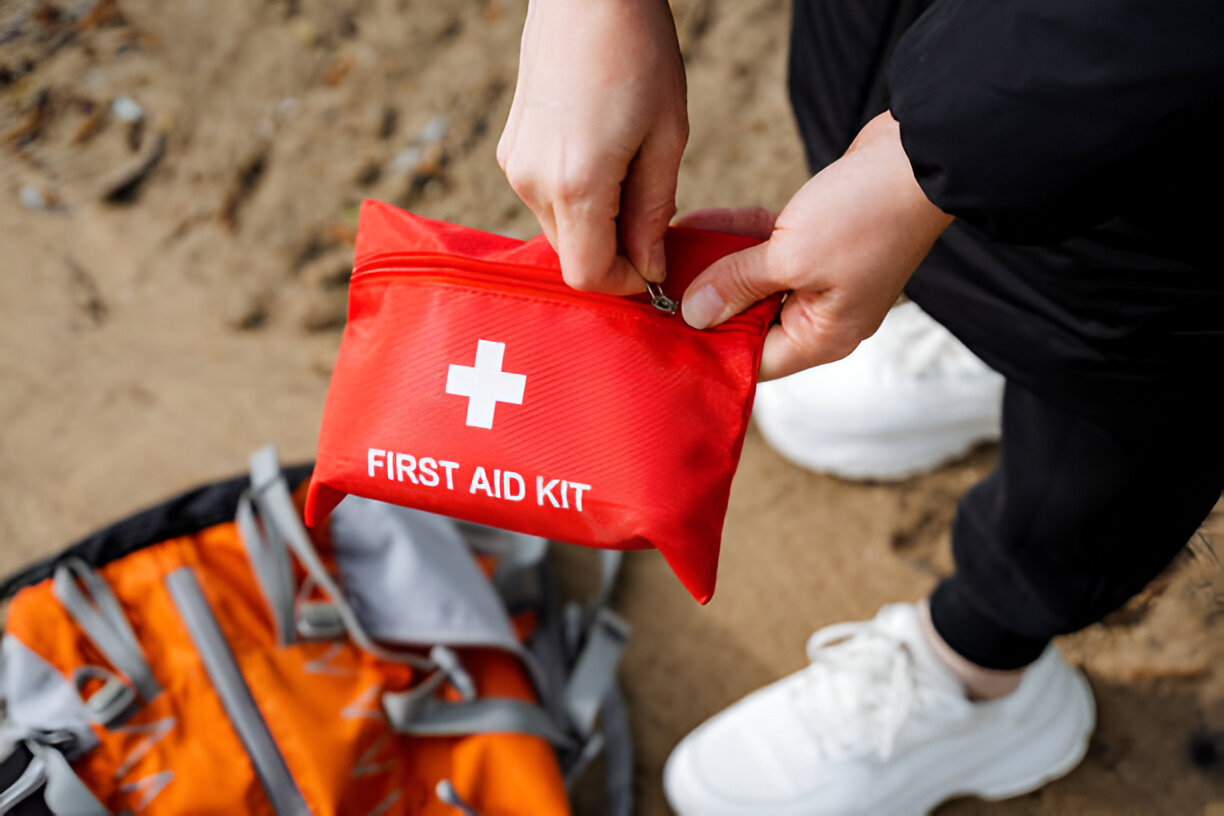
1. Natural disasters
Risk of natural disasters
- British Columbia:
- Mountain fires: Dry summer weather can easily trigger mountain fires, especially in forests and mountains. Visitors should pay attention to local fire warnings and not enter closed areas without authorization.
- Flooding: Spring snowmelt or heavy rainfall may cause rivers to overflow. Visitors are advised to pay attention to weather forecasts and local government alerts.
- Alberta:
- Severe Cold Weather : Temperatures may drop to extreme lows during the winter months, leading to icing and traffic accidents. Visitors should prepare appropriate clothing and be aware of safe driving techniques when traveling in winter.
- Snowstorms: Sudden snowstorms can result in extremely low visibility. It is recommended to carry emergency items, such as water and food, with you in case of emergency.
- Ontario:
- Flood Risk: In the spring, especially in the Great Lakes region, snowmelt and heavy rains can lead to flooding. Visitors should choose to travel in the highlands and avoid low-lying areas during flood warnings.
- Quebec:
- Freezing rain and snowstorms: Extreme weather can occur during the winter months and can lead to traffic disruptions. Stay tuned to the weather and avoid traveling in inclement weather.
- Manitoba:
- Flooding: spring snowmelt may cause rivers to flood, especially in low-lying areas. Visitors are advised to check local weather forecasts and flood warnings before traveling.
- Saskatchewan:
- Tornadoes: Strong thunderstorms in the summer can trigger tornadoes. Visitors should check weather forecasts and seek safe shelter when storms strike.
- Newfoundland and Labrador:
- STRONG WINDS AND SNOWSTORMS: Severe weather during the winter months can bring transportation to a standstill. Visitors should avoid long-distance travel during this time and keep an eye on the weather.
Coping strategies
- Monitor the weather:
- Use weather apps (e.g. Weather.com or AccuWeather) to check for weather changes in real time, especially when traveling to high-risk areas, and make sure you stay up-to-date.
- Make an emergency plan:
- Before traveling, create an emergency plan that includes the nearest shelters and evacuation routes to ensure that you can quickly find a safe place in the event of a natural disaster.
- Prepare an emergency kit:
- An emergency kit should contain dry food, water, first aid supplies, a flashlight, extra batteries and copies of important documents in case of emergency.
- Follow local guidance:
- During natural disasters, pay attention to local government announcements and guidance to ensure your safety by avoiding hazardous areas.
- Keep communications open:
- Make sure your cell phone is charged and working properly to stay in touch with family or friends in case of an emergency.
- Plan your trip in advance:
- When planning your trip, avoid high-risk areas and choose safe travel routes and activities.
- Learn about local emergency services:
- Before traveling, learn the local emergency service numbers (e.g., 911) to ensure that you can quickly call for help in case of a problem.
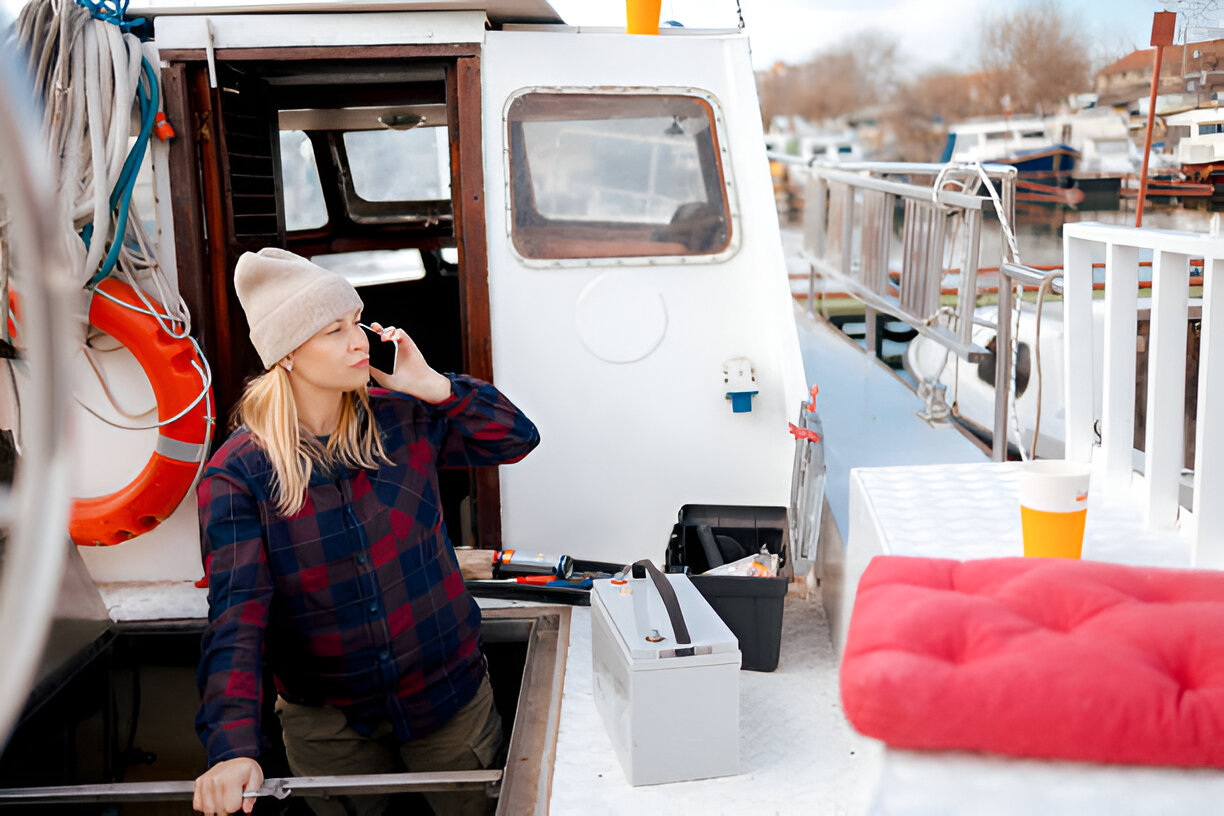
2. Social security risks
Risks to social security
- Toronto's downtown:
- Pickpockets and Scams: Areas where tourists congregate are easy targets for pickpockets, especially in busy transit hubs and shopping areas. Stay alert and keep your personal belongings safe.
- Vancouver's nightlife areas:
- Drunks and Thieves: Be aware of your surroundings and avoid confrontations with intoxicated people when moving around at night, especially near bars and nightclubs.
- Public transportation in Montreal:
- Pickpockets during rush hour: Be especially aware of your personal belongings on crowded subways and buses and make sure that valuables such as wallets and cell phones are secure.
- Calgary shopping areas:
- Pickpocket activity is high: In lively shopping centers, try to avoid being targeted by placing your valuables in a location where they cannot be easily stolen.
- Ottawa's tourist attractions:
- Fraudulent behavior by thieves and street performers: in the vicinity of popular attractions, you need to be wary of the approach of strangers and avoid getting involved in fraudulent behavior.
- Halifax's harbor area:
- Safety Issues for Visitors : During the peak summer tourist season, it is important to remain vigilant and ensure the safety of your personal belongings.
- Victoria's downtown:
- Pickpocketing and scams: need to stay alert and secure personal belongings in busy business districts.
Coping strategies
- Stay alert:
- Protect your belongings in crowded areas and try to keep your bag in front of your body to prevent pickpockets.
- Use safe storage tools:
- Choose backpacks with anti-theft features, such as bags with locking clasps and waterproof materials, to ensure the safety of your belongings.
- Avoid displaying valuables:
- Try not to display valuables such as cell phones and cameras in public to reduce the risk of theft.
- Learn about common scams:
- Be aware of common local scams, such as fake cabs and street fundraisers, and be vigilant.
- Don't take random vehicles:
- Use official cabs or trusted taxi apps such as Uber or Lyft to ensure safe travel.
- Check accounts regularly:
- Check your bank accounts and credit card statements regularly to ensure there are no unauthorized transactions.
- Keep communications open:
- Contact your local police or helpline when needed to ensure timely support.
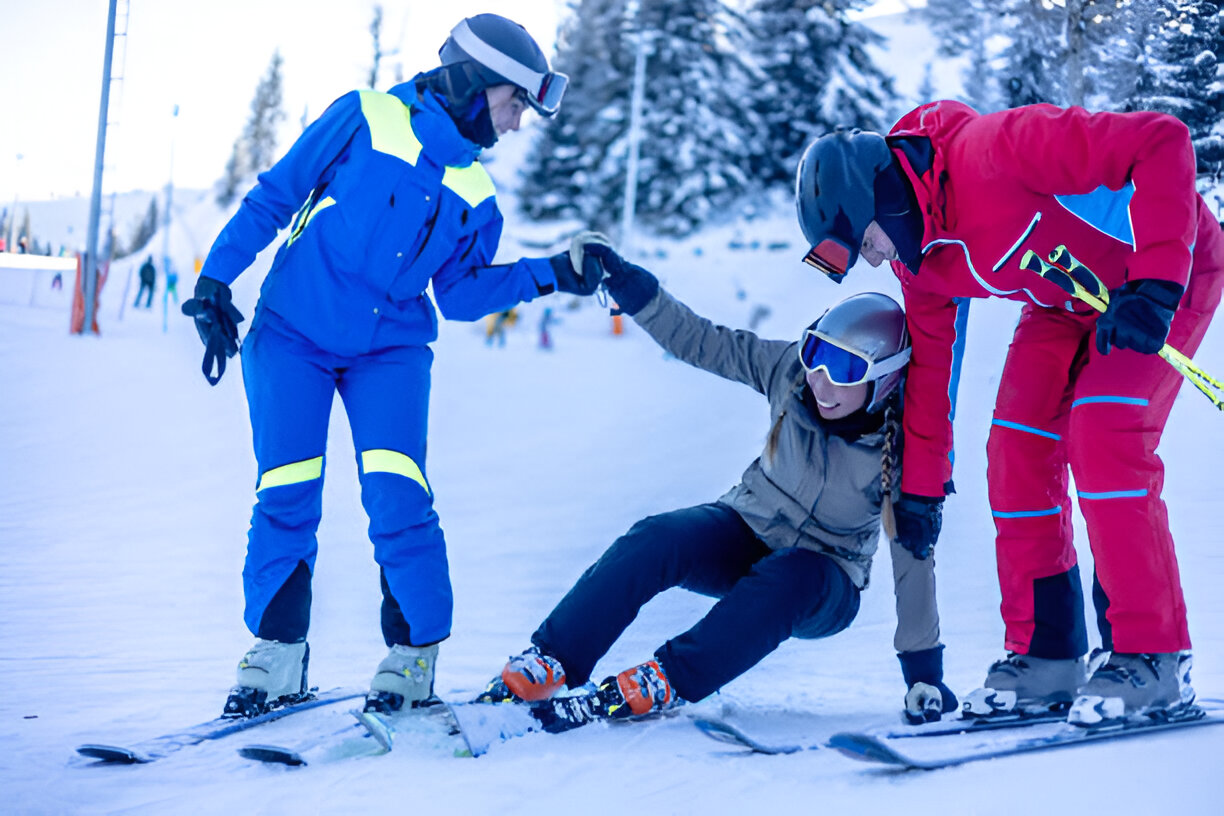
3. Accessibility of medical services
Risks to medical services
- Remote areas of British Columbia:
- Medical resources are scarce: In some remote areas, response time to medical facilities and emergency services can be long and visitors should know the location of medical facilities in advance.
- Rural Alberta:
- Scarce medical facilities: There are a limited number of hospitals in small towns. Visitors may face inconvenience if they need to seek medical treatment, so it is recommended to make preparations in advance.
- Rural Quebec:
- Commonly used medications are difficult to obtain : In some small towns, there are fewer pharmacies, so it is recommended to carry commonly used medications.
- Remote areas of Manitoba:
- EMERGENCY SERVICES ARE LONG DISTANCE: In the event of an emergency, it may take longer to get medical help.
- Rural Newfoundland:
- Medical services are relatively poor: in some towns, there are fewer hospitals and pharmacies, so visitors need to know in advance if they have a health problem.
- Rural Saskatchewan:
- Fewer medical facilities: In remote areas, medical services may not be as well-developed as in cities, visitors need to know in advance when encountering health problems.
- Remote areas of Ontario:
- Inadequate medical services: In some places, there are relatively few medical facilities. Visitors are advised to know the nearest medical facilities in advance.
Coping strategies
- Purchase travel insurance:
- Ensure that you purchase travel insurance that covers medical expenses in order to cope with unexpected situations and avoid financial burden due to medical expenses.
- Pack common medications:
- Prepare some common medications such as cold medicine, painkillers and allergy medicine for emergencies.
- Know about medical facilities:
- When traveling to remote areas, know the location and contact numbers of the nearest medical facilities in advance in case you need to contact them urgently.
- Master first aid knowledge:
- Learn basic first aid skills such as CPR and stopping bleeding to deal with unexpected health problems.
- Prepare a first aid kit:
- Carry a first aid kit containing bandages, antiseptics and common medications to ensure that you can help yourself in case of an accident.
- Maintain health records:
- Carry your personal health record and allergy information with you at all times so that your doctor is aware of your condition and can ensure that you receive appropriate treatment.
- Seek medical attention promptly:
- Seek medical attention as early as possible if you feel unwell to avoid worsening the problem, especially in remote areas.
4. Transportation security
Risks to transportation safety
- Toronto's downtown:
- Rush hour traffic congestion: rush hour traffic in the downtown area can lead to heavy congestion, and visitors are advised to plan their travel time in advance to avoid rush hour.
- Vancouver's public transit system:
- Know the bus routes: Visitors need to know the local bus routes and schedules when using public transportation to avoid getting lost.
- Calgary's highways:
- Follow the speed limit: When driving on the highway, you need to follow the speed limit to ensure safe driving.
- Nighttime driving in Montreal:
- Be careful of pedestrians and cyclists: special care needs to be taken when driving at night to ensure that you are aware of pedestrians and cyclists.
- Country roads in Halifax:
- Be aware of road conditions: you need to be aware of road conditions when driving; certain roads are narrow and require careful driving.
- Winter Driving in Ontario:
- Risks of snow and ice : In the winter, snow and ice can make driving more dangerous, so drive carefully and keep a safe distance.
- Mountainous areas of B.C.:
- Dos and Don'ts of Driving in Mountainous Areas: When driving in mountainous areas, you need to pay special attention to road conditions and weather changes to ensure safety.

Coping strategies
- Know the traffic rules:
- Understand local traffic regulations before driving and follow speed limits and signal instructions to ensure safe driving.
- Use navigation tools:
- Use navigation apps (e.g. Google Maps or Waze) to check traffic conditions in real time and choose the best route to avoid traffic congestion.
- Keep a distance between cars:
- Keep a safe distance between vehicles in congestion or bad weather to avoid rear-end accidents.
- Check your vehicle regularly:
- Ensure your vehicle is in good condition and regularly check your brakes, tires and lights to ensure safe driving.
- Avoid distracted driving:
- Don't use your cell phone while driving and concentrate on driving to ensure you are focused and avoid accidents caused by distractions.
- Obey traffic signs:
- Pay attention to traffic signs and signals on the road and make sure you obey speed limits and stopping requirements to protect yourself and others.
- Be careful driving at night:
- When driving at night, ensure that you use appropriate lights and pay attention to pedestrians and other vehicles to ensure that you reach your destination safely.
5. Laws and regulations
Risks of laws and regulations
- Public places in Vancouver:
- Legal Restrictions on Smoking and Alcohol Consumption: There are strict legal restrictions on smoking and alcohol consumption in public places and visitors should be aware of and follow the regulations to avoid fines.
- Street Performances in Toronto:
- Performers require a license: In some areas, street performers require a license and visitors should avoid participating in illegal activities to avoid legal sanctions.
- Nightlife areas in Montreal:
- Legal regulations on hours of operation: In certain bars and clubs, specific hours of operation are required by law and visitors should be aware of this in advance to avoid being penalized for violating the regulations.
- Public Events in Calgary:
- Follow local laws: When participating in public gatherings or demonstrations, local laws need to be followed to ensure safety.
- Cultural Heritage Sites in Halifax:
- Legal Liability for Destroying Cultural Heritage: Visitors should follow regulations when visiting historic sites and will face legal liability for destroying or damaging cultural heritage.
- Ontario's Environmental Protection Act:
- Legal Liability for Dumping: Casual dumping of garbage or damage to the environment will face fines, and visitors should follow local environmental protection regulations.
- Quebec's drinking regulations:
- Legal Restrictions on Drinking Alcohol in Public: Drinking alcohol in public needs to follow local laws to avoid being fined.
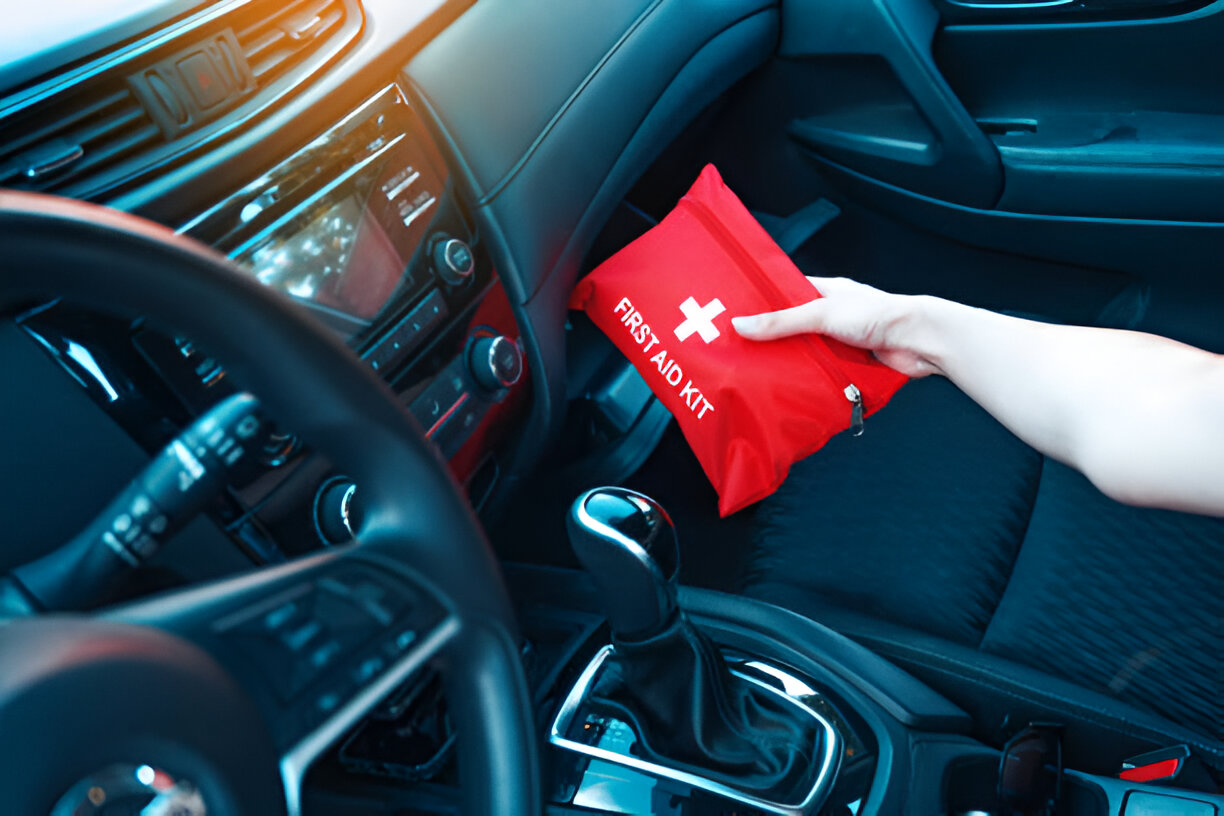
Coping strategies
- Know the local laws:
- Know the laws and regulations of your destination before traveling to ensure compliance and avoid getting into trouble due to ignorance.
- Follow drinking rules:
- Follow local laws when consuming alcohol to ensure you don't violate legal age limits and avoid fines.
- Pay attention to public behavior:
- Follow local rules of behavior in public to avoid unnecessary trouble and to ensure compatibility with the local culture.
- Respect local culture:
- Respect local culture and customs while traveling, avoid offending local residents, and demonstrate cultural understanding and respect.
- Keep your paperwork complete:
- Carry your passport and other important documents with you for inspection to ensure that you can provide proof of identity if needed.
- Consult local laws:
- When in doubt, consult a local legal professional promptly to ensure that regulations are followed.
- Obey the rules of public places:
- Follow the rules for smoking, drinking, etc. in public places to ensure compliance and avoid being penalized.
6. Language and cultural differences
Risks of language and culture
- Quebec:
- French as the main language: In Quebec, where French is the main language, visitors may encounter language barriers, especially in small towns, and it is advisable to learn some basic French phrases.
- Toronto's multicultural community:
- Multilingualism: Residents from different cultures may speak multiple languages, visitors may feel inconvenienced when communicating, it is recommended to use translation apps.
- Artistic activities in Vancouver:
- Docent use of English: at some events, docents may only use English, language barriers may affect visitors' understanding, it is recommended to find out in advance if there are multilingual guided tours available.
- International events in Calgary:
- Challenge of Linguistic Diversity: at large events, linguistic diversity may lead to communication difficulties, especially for non-native French speakers; the use of translation tools is recommended.
- Cultural festivals in Halifax:
- Unfamiliar cultural practices: at local festivals, visitors may be unfamiliar with specific cultural practices and etiquette; it is recommended to learn about the event in advance.
- Victoria's museums:
- Language restrictions on exhibits: Some exhibits may only offer English narration, visitors should check in advance to see if guided tours are available in other languages.
- Shopping Areas in Ontario:
- Language proficiency of employees: in some stores, employees may not speak English or French fluently, and visitors may need to use translation tools.
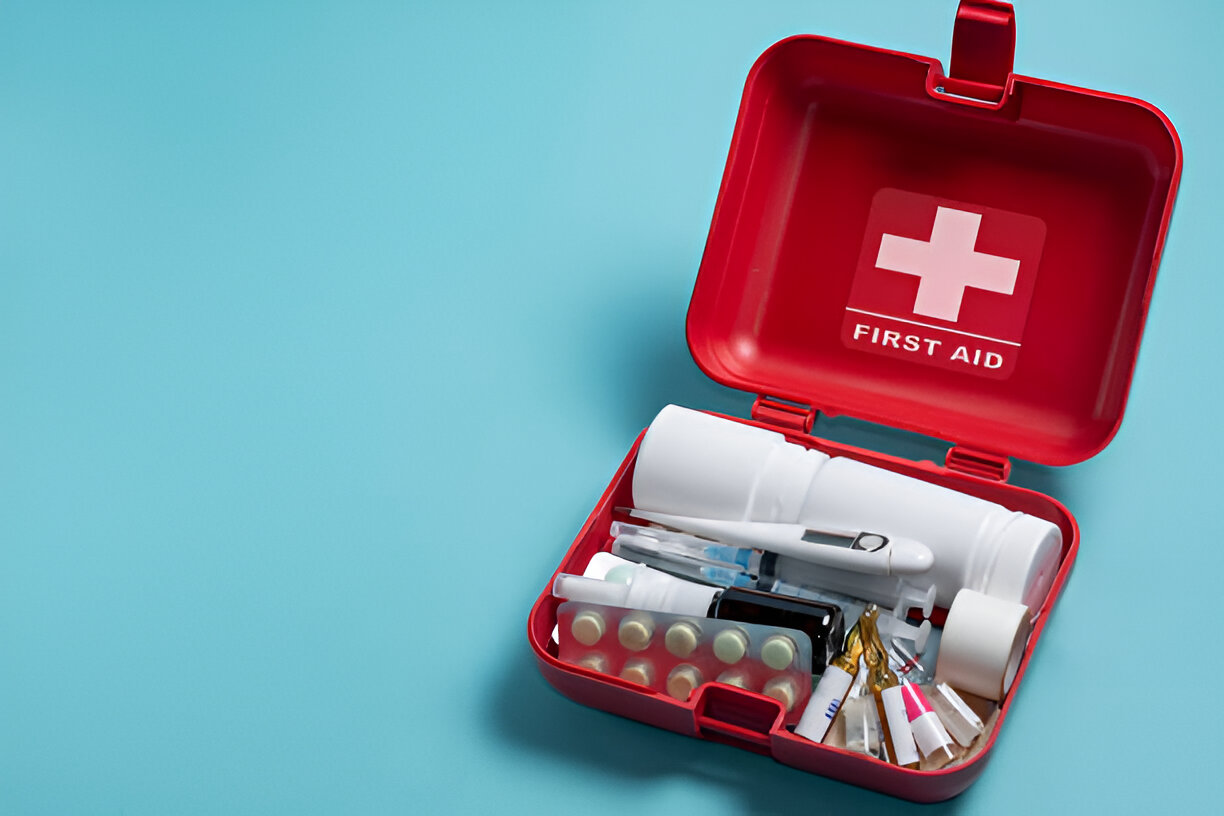
Coping strategies
- Learn basic phrases:
- Mastering some basic English and French phrases (e.g., greetings, thank you, asking for directions, etc.) can help alleviate language barriers in daily communication.
- Respect cultural differences:
- Demonstrate cultural understanding and respect by respecting local cultures and customs while traveling and avoiding offending others.
- Understand local customs:
- Learn about the culture and customs of your destination in advance, especially food culture and important festivals, to facilitate better integration into local life.
- Participate in local activities:
- Participate in local cultural activities, such as festivals and markets, to enhance your understanding and experience of the culture and interact with local residents.
- Ask local people:
- In case of uncertainty, ask locals for advice and guidance; they are usually happy to share local information.
- Use translation tools:
- Download a translation app (e.g. Google Translate) to facilitate communication when needed, especially when communicating with non-native French speakers.
- Respect different points of view:
- Respecting the views and beliefs of others and keeping an open mind in social situations can help build a harmonious communication environment.
7. Importance of Internet Safety
Keeping your network open while traveling can greatly increase your sense of security as you can access travel warnings and safety information in a timely manner. The high-speed Internet service on PhoneSIMGo is designed for travelers, with no roaming charges. Activation is as simple as scanning a QR code, and there's no need to replace your SIM card. Once you arrive, you'll be able to enjoy a stable network that ensures you have the necessary security information at all times during your trip.
8. Emergency contacts
The importance of emergency contacts
Toronto's tourist information centers:
- These centers provide emergency contact information and advice where visitors can access important information such as medical facilities, police stations and fire alarm numbers.
Hospitals in Vancouver:
- Know the contact information for local hospitals in case of emergency to ensure that you can get medical attention quickly and avoid the consequences of time delays.
Police stations in Calgary:
- In the event of an emergency, travelers can call their local police station for assistance to ensure that they can receive prompt support when needed.
Emergency services in Montreal:
- Dial 911 to contact emergency services to ensure prompt help in an emergency, such as a medical, fire or criminal incident.
Traffic Information Center in Halifax:
- Provides up-to-date information on traffic incidents and emergencies to help visitors adjust accordingly and stay safe.
Consulates in Ontario:
- Visitors can contact their own country's consulate for assistance in the event of a lost passport or other legal issues, ensuring that support is available in the event of difficulties abroad.
Travel Alerts in Quebec:
- While traveling, look out for local warning messages, such as weather changes or safety warnings, so that you can adjust your itinerary in time to ensure your safety.

Coping strategies
- Record emergency contact information:
- Before traveling, record local emergency contact numbers, including police, first aid and fire, and carry them with you so that you can dial them quickly if needed.
- Download local emergency service apps:
- Some areas offer mobile apps for emergency services, which can be downloaded for easy access to real-time information and contacting emergency services.
- Learn about the hotel's emergency contacts:
- When checking into a hotel, ask the front desk for information about emergency contacts and emergency procedures so that you can quickly call for help in the event of an emergency.
- Keep in touch with family:
- While traveling, keep in touch with your family or friends on a regular basis to inform them of your itinerary and location so that they can provide timely assistance.
- Carry identification:
- Always carry a passport or other identification document that will provide you with the necessary information should you need to seek help from local law enforcement or medical authorities.
- Familiarize yourself with the local alert system:
- Know your local warning systems and emergency response procedures to ensure a quick response in the event of a natural disaster or other emergency.
- Use social media for information:
- Follow your local police department or emergency management's social media for up-to-date information on safety tips and alerts.
By expanding on the above in detail, visitors planning a trip to Canada can better understand potential risks and take appropriate measures to ensure a safer and smoother journey. We hope this information will help you prepare for an enjoyable trip to Canada!
